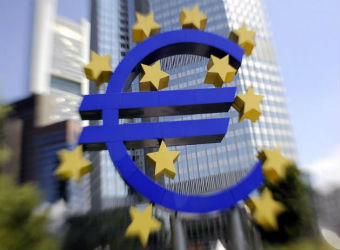The euro area economy exceeded expectations in the second quarter, with GDP growing 0.3 per cent compared to the previous three months, maintaining the growth rate from earlier in the year.
This performance overshadowed Germany’s unexpected 0.1 per cent contraction, supported by robust growth in France (0.3 per cent), Spain (0.8 per cent), and Ireland (1.2 per cent).
Spain’s inflation fell sharply to 2.9 per cent in July, driven by lower energy and food prices. This, along with a strong performance from other key economies, poses a challenge for the European Central Bank (ECB) as it considers potential interest rate adjustments in September.
The ECB has previously warned of muted expansion in 2024 and vulnerability to global economic weaknesses.
Germany’s contraction was attributed to decreased investment in equipment and buildings, with indicators suggesting ongoing weakness in its manufacturing sector.
Meanwhile, France and Spain reported stable consumer spending and investment, with Spain also benefiting from strong domestic demand.
The euro area’s overall inflation is forecast to remain steady at 2.5 per cent in July, still above the ECB’s 2 per cent target. Economic data from Germany and other eurozone countries will be closely monitored as markets anticipate potential rate cuts by the ECB later this year.
Attribution: Bloomberg.


